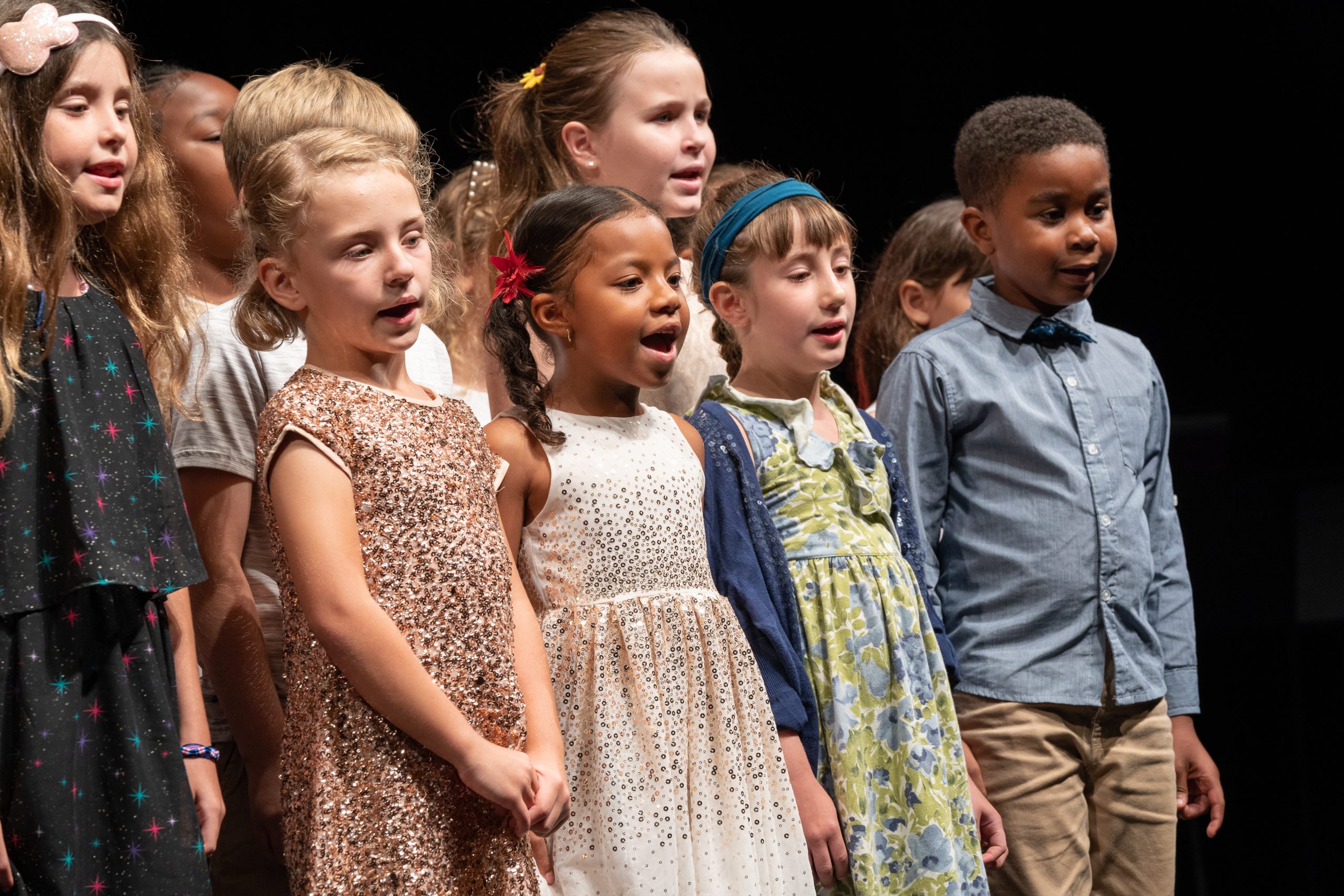There are many different benefits that arise from engaging in singing activities. These apply to all ages, from childhood into adolescence and through into retirement age and beyond. With appropriately nurturing experiences, singing competency will develop. Almost without exception, everyone has the potential to sing competently and enjoy singing across the lifespan. Childhood provides a crucial opportunity to lay the foundations of a positive lifelong singing, and musical, identity.
Research suggests there are five main areas of reported benefit from singing. These benefits are physical, psychological, social, musical and educational.
The Physical Benefits of Singing Relate to:
- Respiratory and cardiac function
Singing is aerobic, in that it is a form of exercise that improves the efficiency of the body’s cardiovascular system, with related benefits to overall health. Aerobic activity increases the oxygenation of the blood, which also improves overall alertness. Furthermore, aerobic activity is linked to longevity, stress reduction and general health maintenance across the lifespan.
- The development of fine and gross motor control in the vocal system
The more that the vocal system is used appropriately, such as in healthy singing, the more that the underlying anatomy and physiology are likely to realise their potential in terms of growth and motor coordination. This is very important in childhood and into adolescence because it is also a time when the underlying basis for lifelong vocal identity and effective communication are established, and when healthy vocal motor behaviours can be nurtured.
- Neurological functioning
Singing behaviour is multi-sited neurologically and networked across many different brain areas. These include the development and interaction between parts of the brain that are dedicated to aspects of music (such as pitch, rhythm, timbre), language (lyrics and speech), fine motor behaviour, visual imagery and emotion. Singers tend to have greater connections between areas of the brain than non-singers.
The Psychological Benefits of Singing Relate to:
- Intra-personal communication and the development of individual identity, both in music and through music
Confident and healthy voice use links to a positive self-concept and an ability to communicate. Successful singing promotes self-esteem and general confidence. The voice is a key component of who we are; its use reflects our mood and general wellbeing, which is communicated to ourselves as well as to others.
- Singing is a cathartic activity
Singing provides an outlet for our feelings. From pre-birth, our earliest auditory experiences are biased towards the human voice, from first hearing our mother’s voice inside the womb. Our voices are interwoven with core emotional states that are central to the human condition, such as joy and sadness. Singing’s psychological benefits are evident in children’s everyday settings, including schools, kindergarten, homes, and hospitals, as well as for older people in residential centres, day-care centres and community choirs.
- Inter-personal communication
Healthy singing enables us to maximise our potential to communicate with others. We learn to improve our underlying vocal coordination, to increase vocal colour and impact intentional variety into our vocal communication.
The Social Benefits Relate to:
- An enhanced sense of social inclusion
Group singing is strongly correlated with a positive sense of social inclusion, of a feeling of belonging to our community. Singing with others enhances the possibilities of empathic relationships with those around us.
The Musical Benefits Relate to:
- The realisation of our musical potential
Singing fosters our intellectual engagement with music. This includes an understanding of musical structure, phrasing, the development of musical memory and tone colouring, as well as other musical building blocks such as pitch, rhythm, loudness.
The Educational Benefits Relate to:
- Increased knowledge and understanding about the world around us
Singing will likely make you more competent in your own language, including an improvement in reading skills. Recent analyses of longitudinal cohort data in England and Australia (totalling over 18,000 children) indicate that early musical experience in the home at ages 2-3 years – including joint and supported singing (such as action songs, counting songs, nursery rhymes, and children’s songs) – has a measurable impact subsequently on aspects of wider development at ages 4-5 years. A higher frequency of home music activities—which are biased towards singing—contributes positively to the development of the same children’s vocabulary, numeracy, attentional and emotional regulation, behaviour, and social skills.
In Summary…
These combined benefits suggest that singing is one of the most positive forms of human activity, supporting physical, mental, emotional and social health, as well as individual development in the same areas. Successful singing is important because it builds self-confidence, promotes self-esteem, engages the emotions, promotes social inclusion, supports social skill development, and enables young people of different ages and abilities to come together successfully to create something special in the arts.

